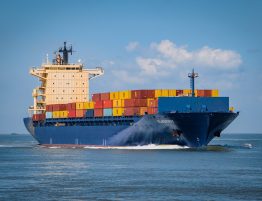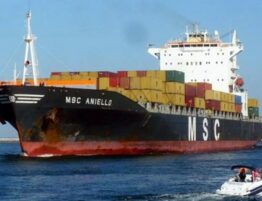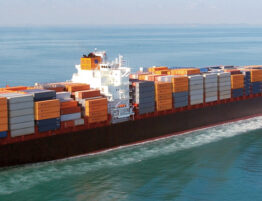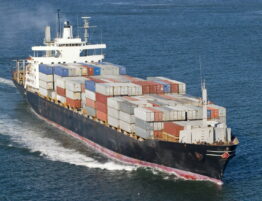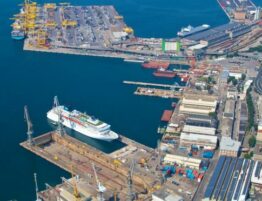With a fleet of 141 container vessels Hanjin Shipping is the first container shipping company in South Korea, and the seventh in the world. Or rather, it was. Hanjin has, in fact, filed for and entered receivership, the implications of which go far beyond the territory of South Korea, so that it is reasonable to define the crisis of Hanjin as a mere tip of the iceberg represented by the structural crisis sea transport is facing. A few days later, Hanjin Italy S.p.A., exclusive agent of Hanjin Shipping in Italy, voted its voluntary liquidation.
In view of this state of crisis, a still unclear number of container ships (between 65 and 85 ships) loaded with goods, for a total value of about $ 14 billion, are “drifting” in a stalemate: many ports, in fact, reject the berthing of Hanjin ships as operators fear that Hanjin will not be able to pay the port services, and in any case Hanjin avoids entering the ports fearing to suffer seizures at the request of several creditors.
This chaotic scenario is the basis from which an intense dispute is emerging involving producers, shippers, freight forwarders and consignees, as well as – of course – Hanjin Shipping and its Agents.
Since a considerable part of the maritime traffic operated by Hanjin is directed to and from the United States across the Pacific routes something has moved. Hanjin Shipping has, in fact, filed a petition in order to avail itself of the protection offered by Chapter 15 of the US bankruptcy code, thus obtaining protection for its vessels from possible precautionary measures by creditors.
Despite the protection granted by the US bankruptcy law, numerous proceedings have been undertaken against Hanjin Shipping in federal courts by parties which, for various reasons, have large claims against the latter.
Therefore, it is reasonable to expect a long trail of disputes around the world, complicated by the fact that the Hanjin fleet is only partly owned by the South Korean company, indeed in relation to several ships Hanjin Shipping is just the charterer, which only serves to open an additional front for civil litigation.
In Italy Minister Delrio had initially suggested the application some kind of “legal protection” to Hanjin ships directed to Italian ports, in order to prevent individual actions by creditors and allow the delivery of the loaded containers at their destinations.
The problem is that Italian law does not allow a protection mechanism similar to that provided by US Chapter 15, with the consequence that Hanjin would prefer that ships bound for Italy enter neighboring non-Italian ports, for example Valencia, in order to avoid inevitable seizures.
While waiting for the outcome of the bankruptcy proceedings, the current factual and juridical framework can thus only cause serious concern to all maritime transport operators, each of which – for various reasons – is badly exposed to the events and to the consequent disputes.
(Bologna Office – Stefano Campogrande – 0039 (0)51 2750020)


